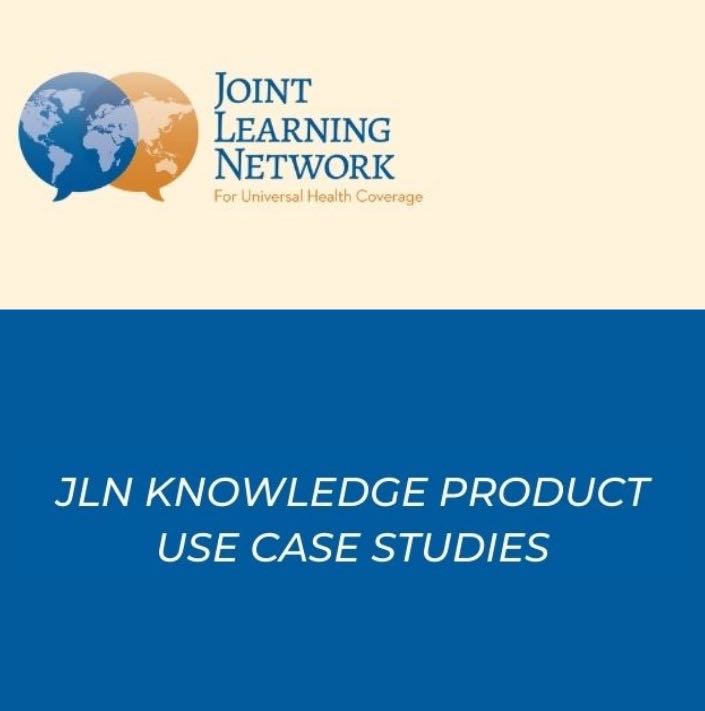Revisiting Alcohol Pricing Policies for Healthier Lives
This blog provides an overview of published learnings from alcohol policies, building upon a webinar series hosted by the Domestic Resource Mobilization (DRM) Collaborative under the Joint Learning Network for Universal Health Coverage.
Over 2.3 billion people globally currently drink alcohol, consuming an average of 33 grams of pure alcohol per day. In parts of Eastern Europe and sub-Saharan Africa, over 60 percent of current drinkers engage in heavy episodic drinking, consuming at least 60 grams of pure alcohol at least once a month. The health consequences of the harmful use of alcohol are significant.


